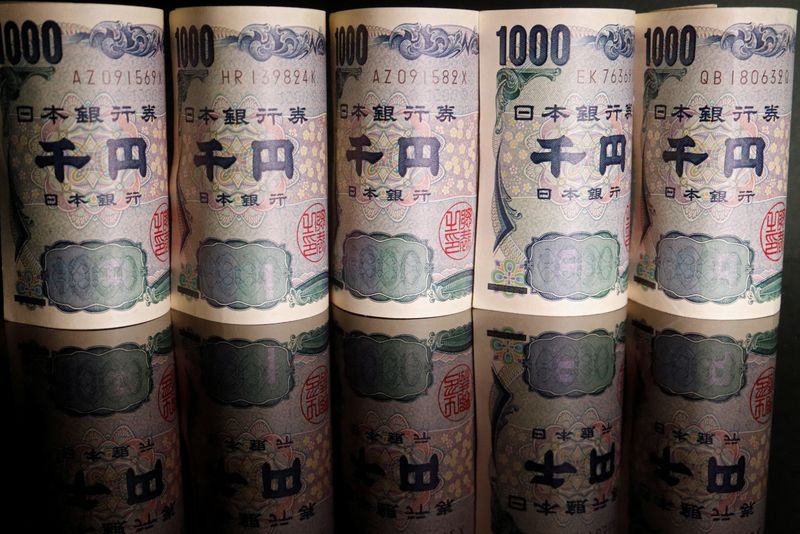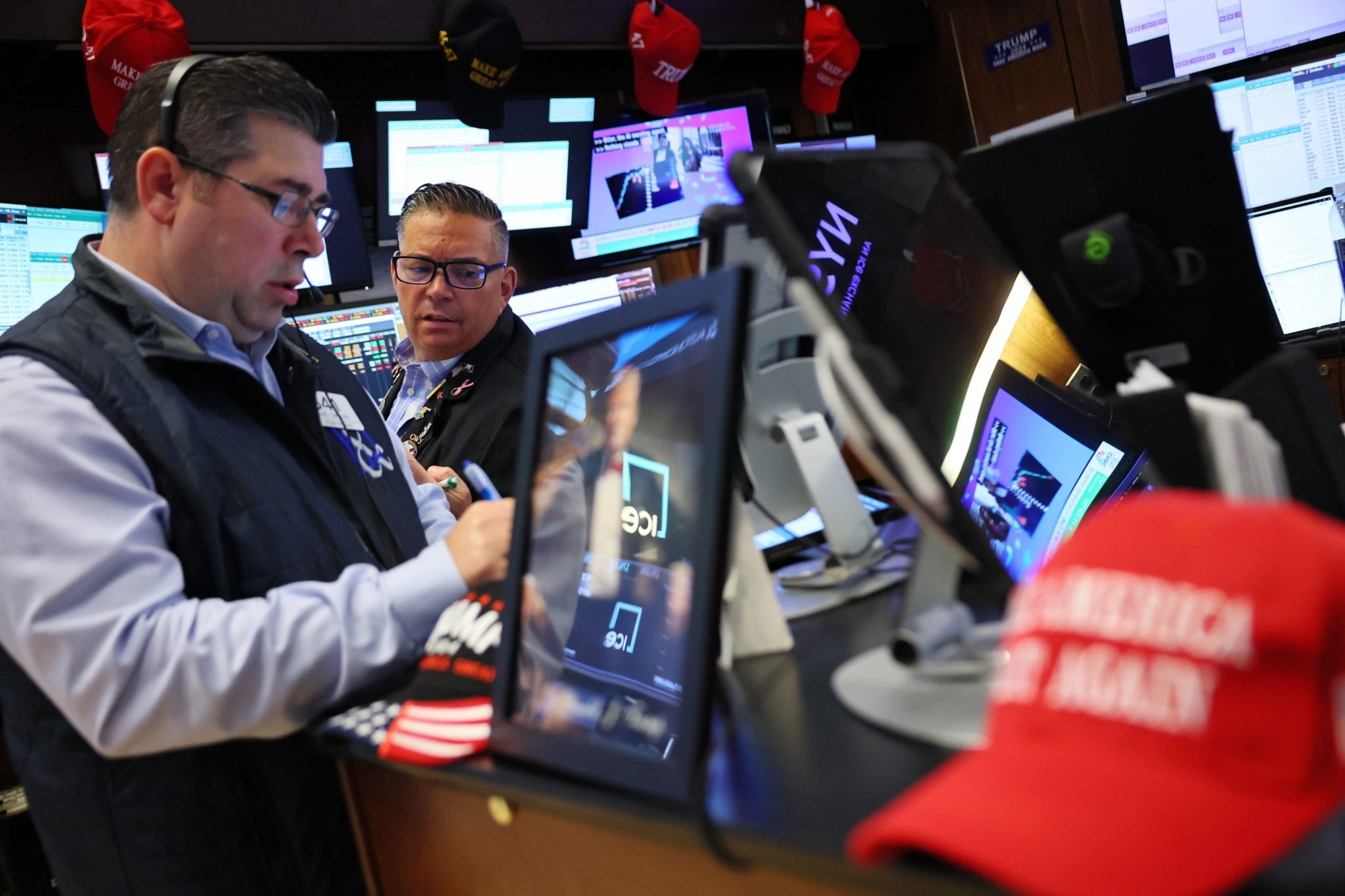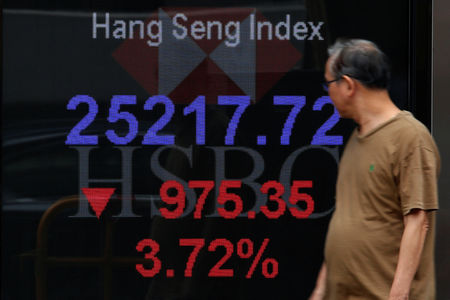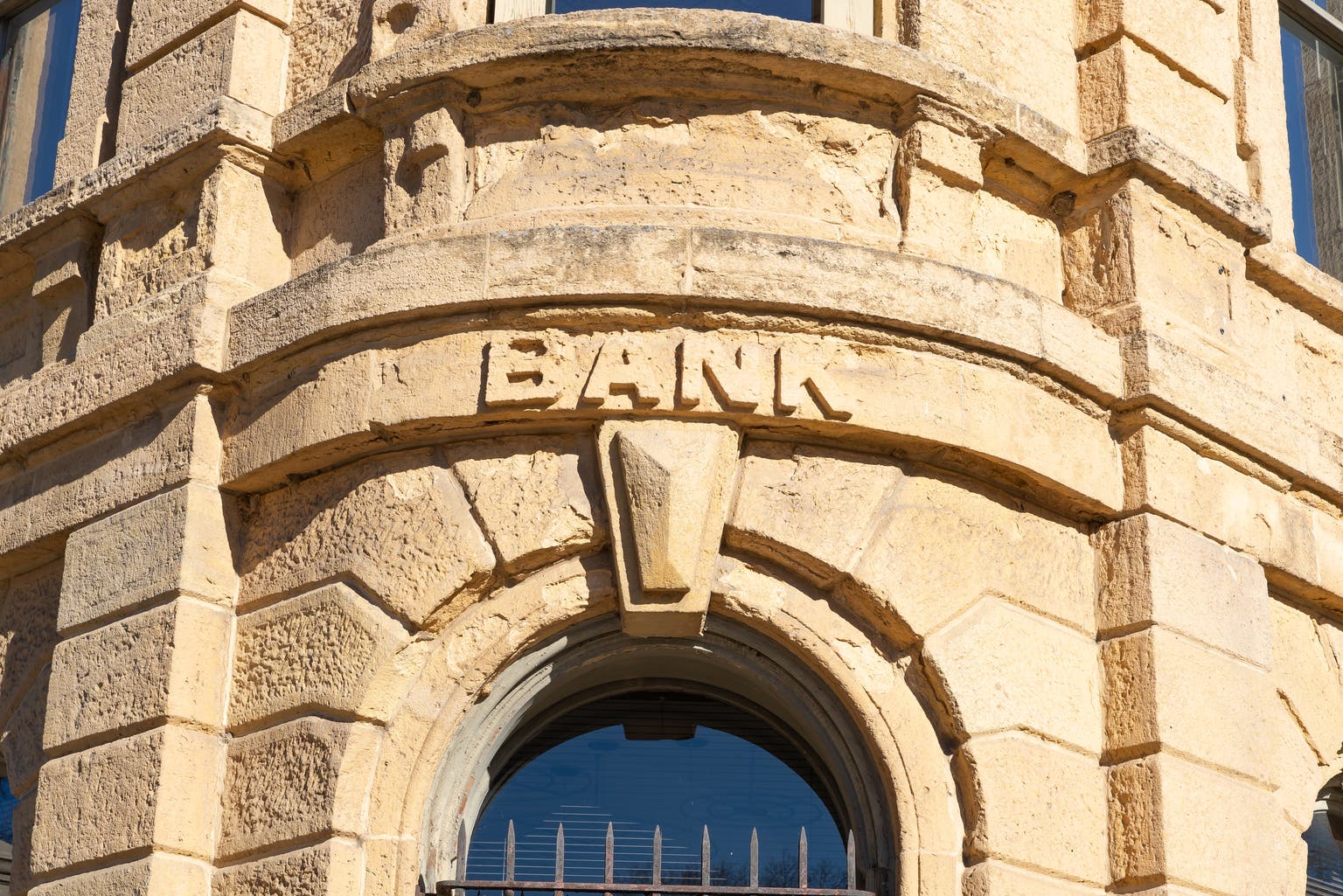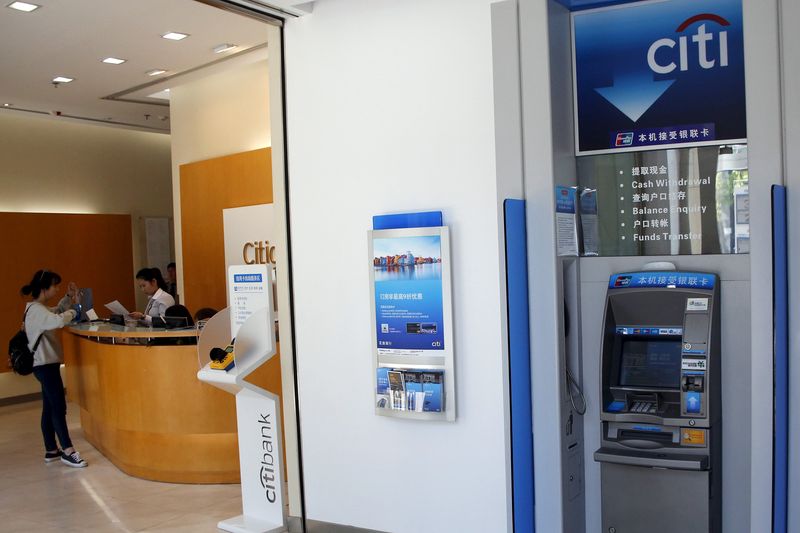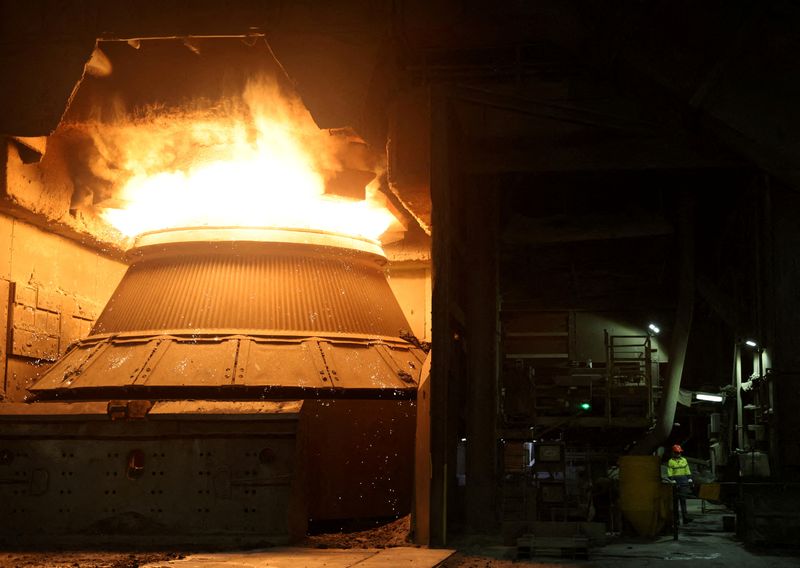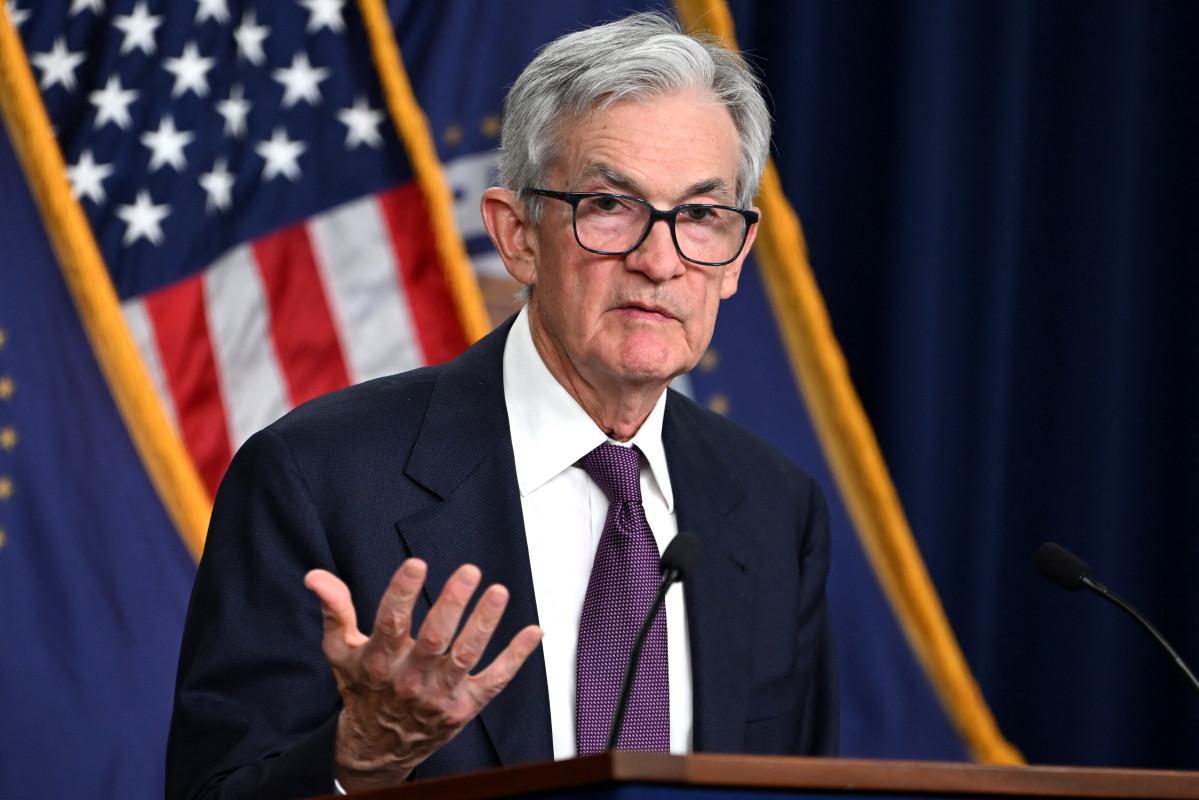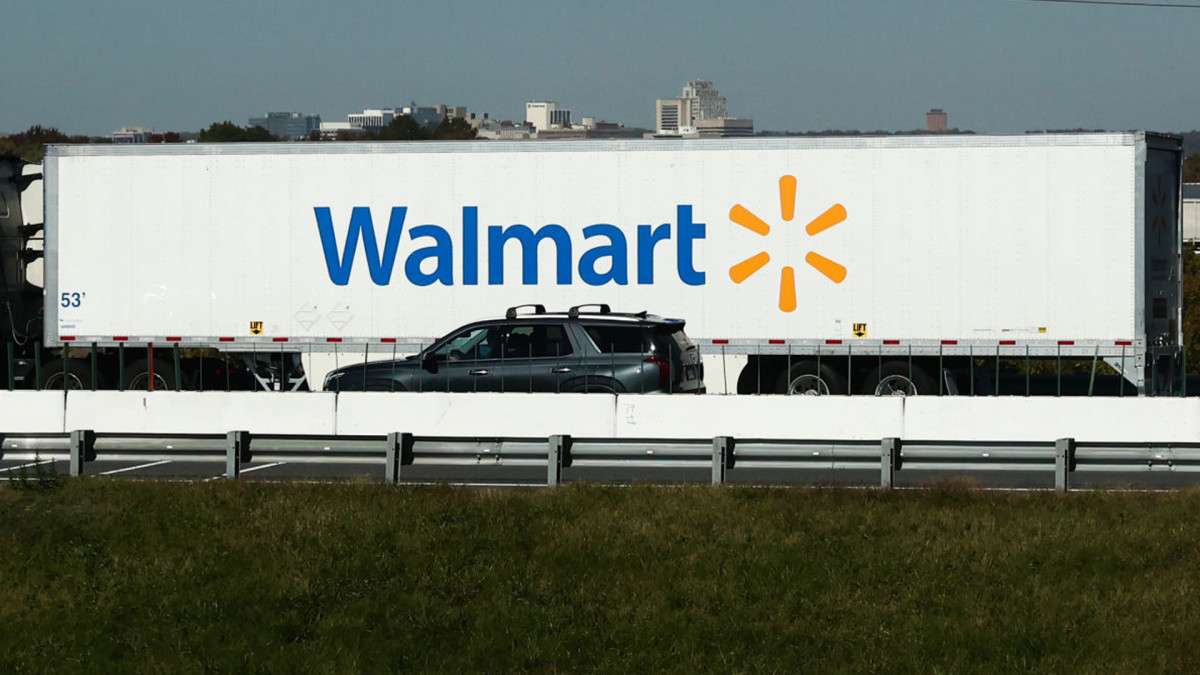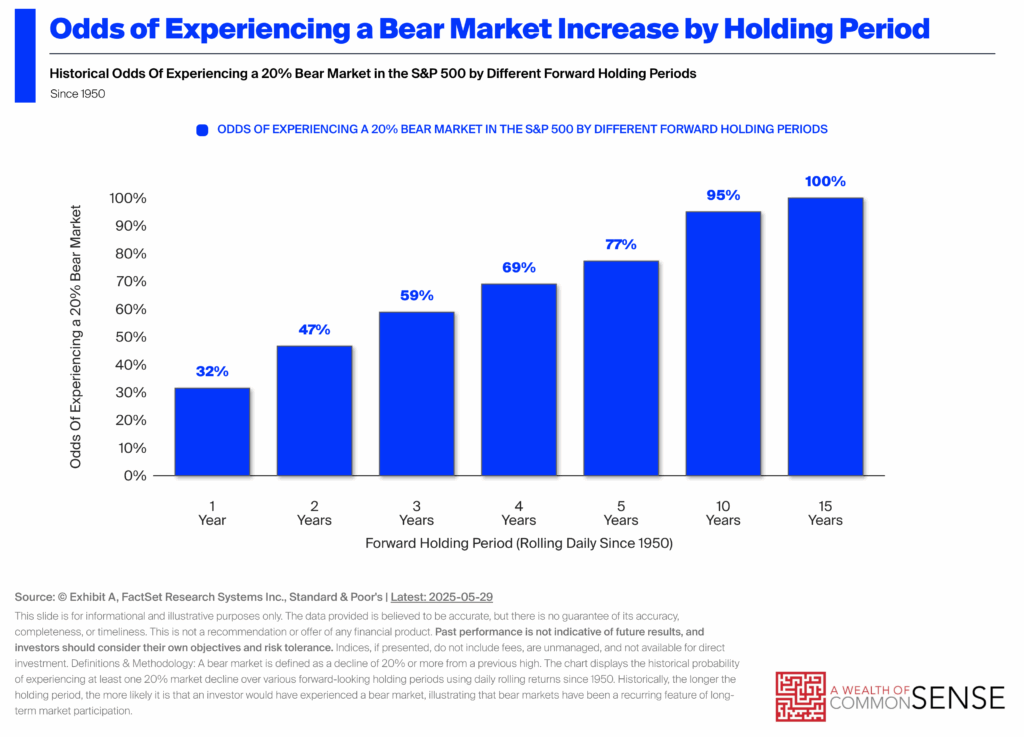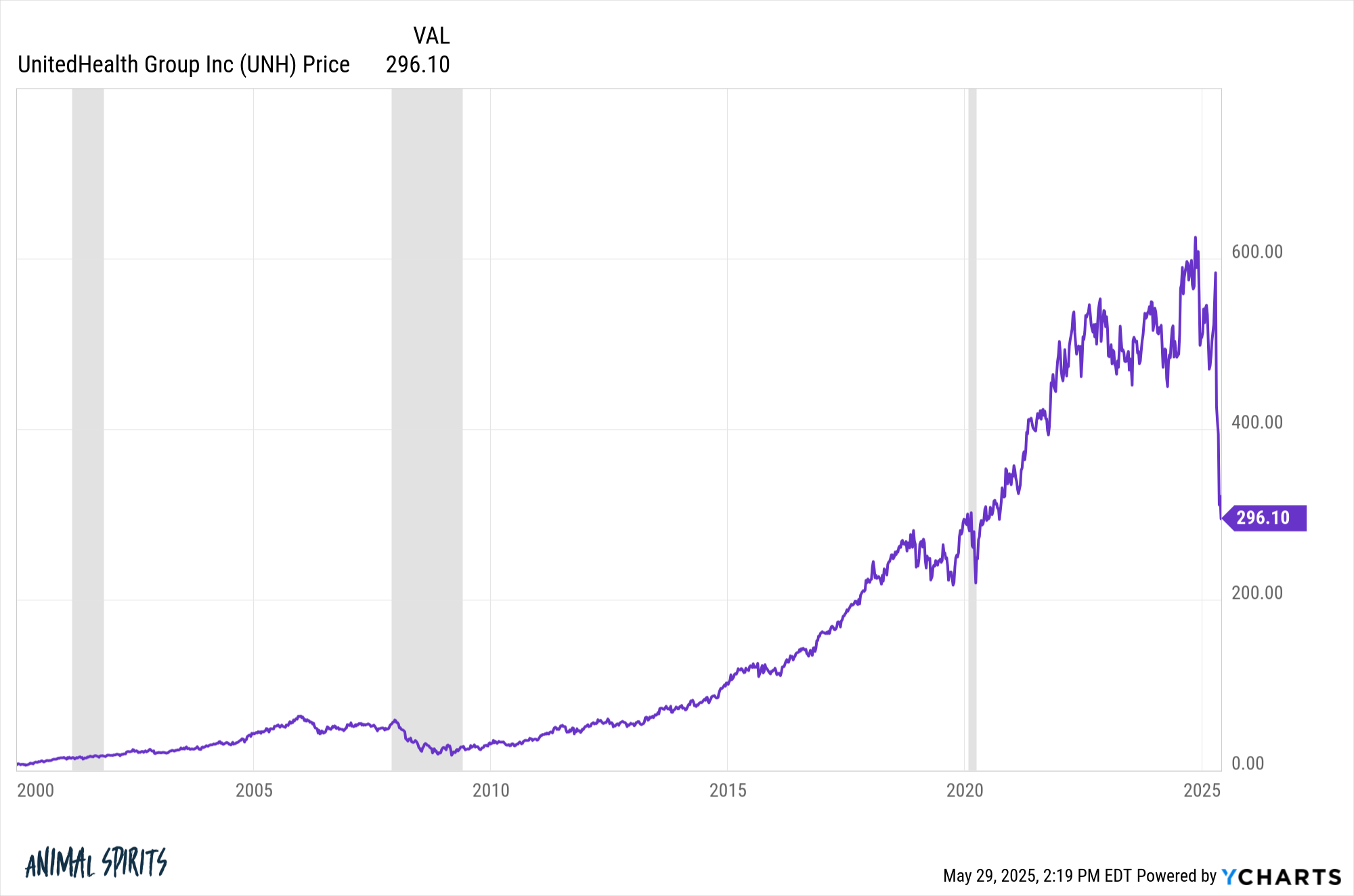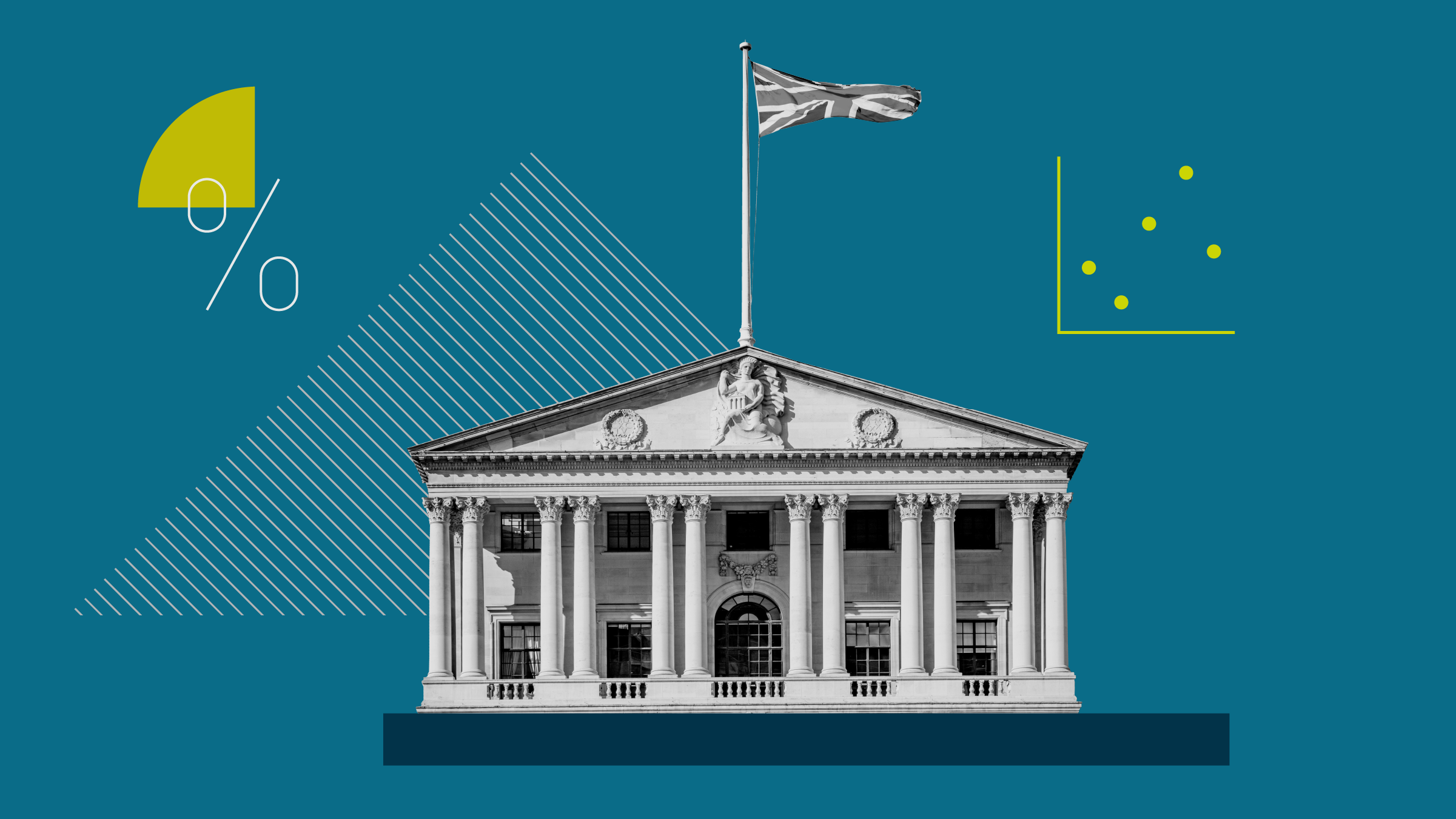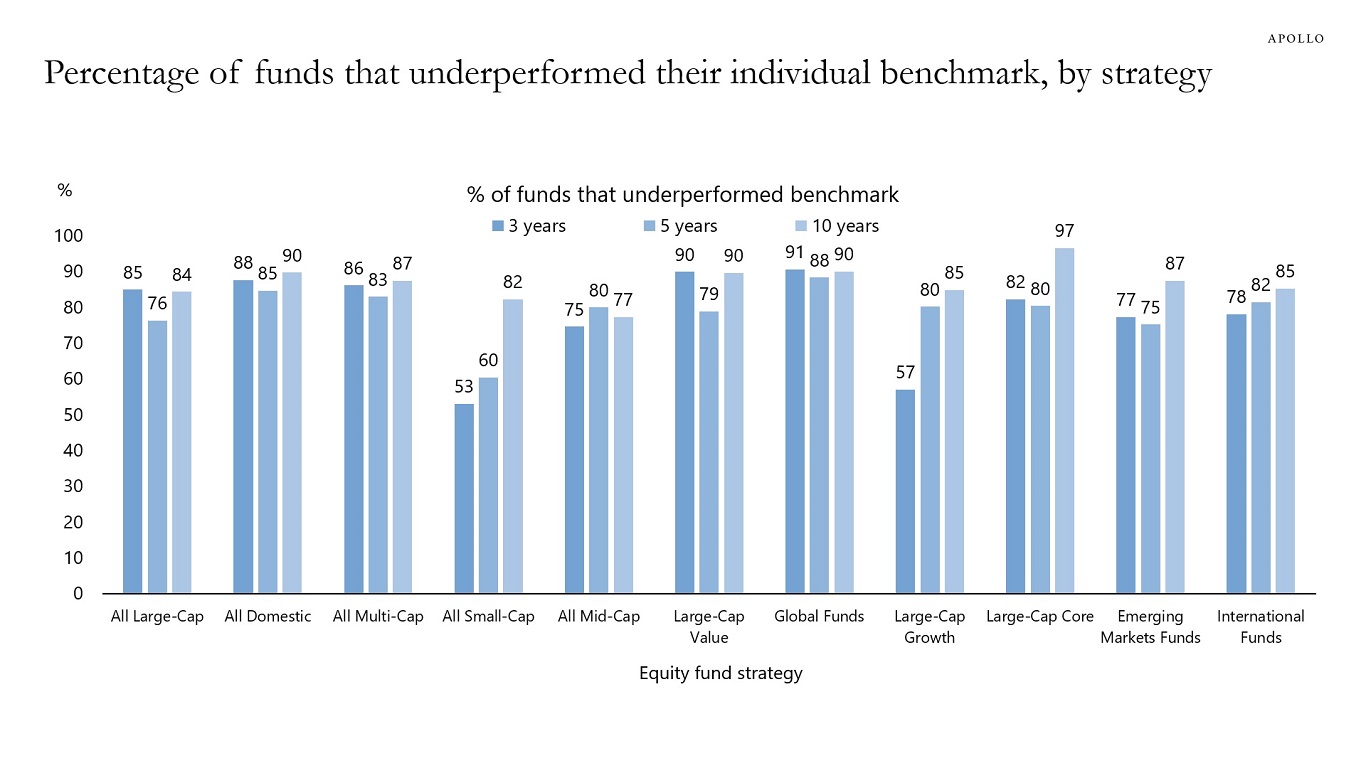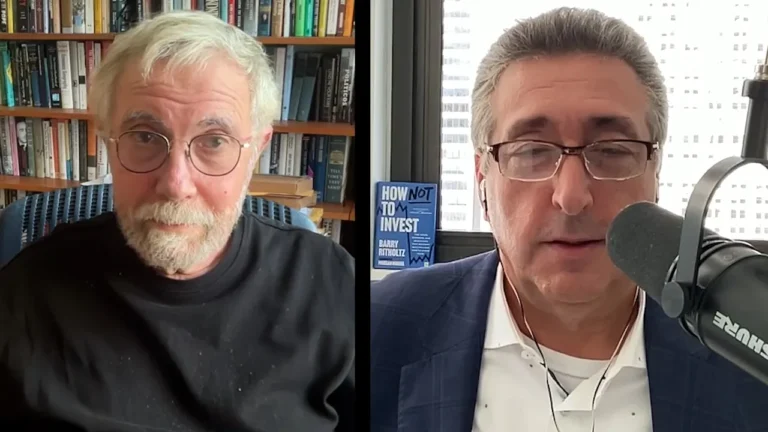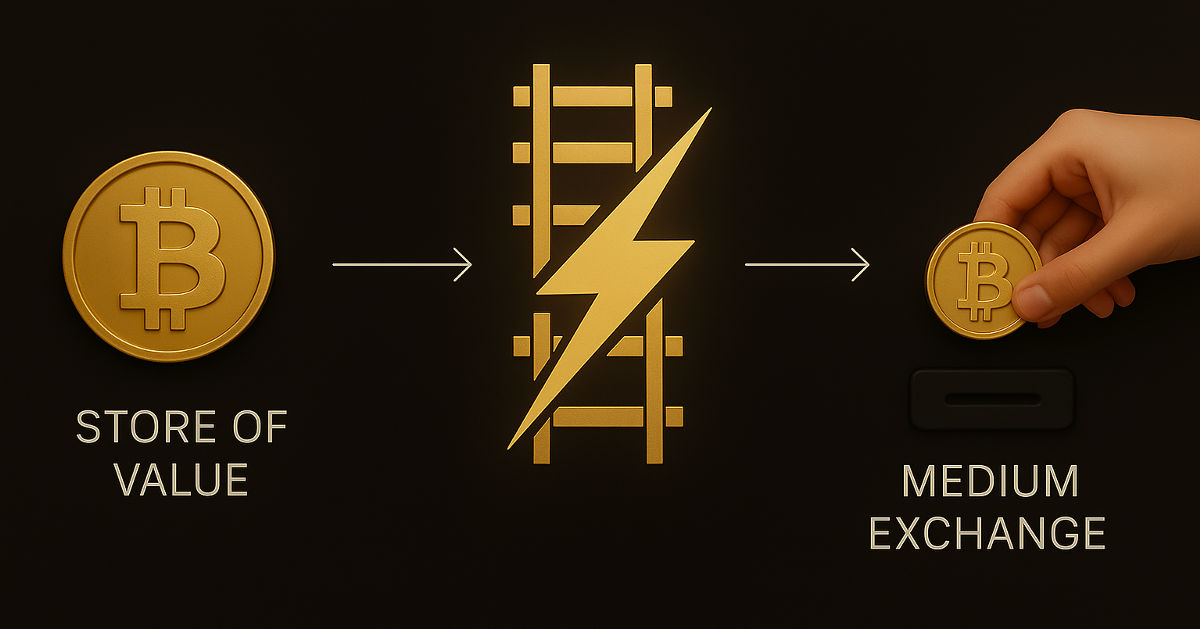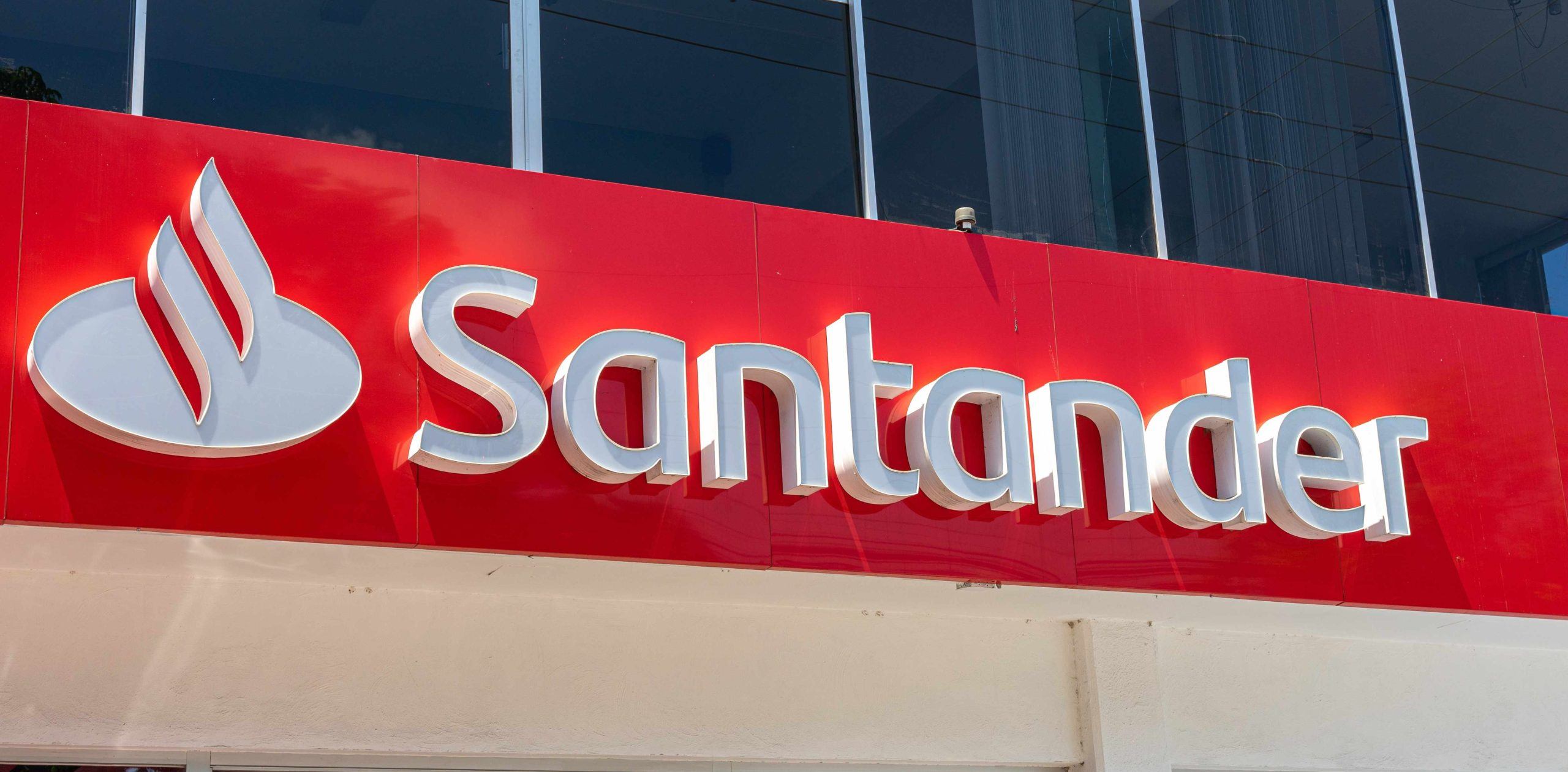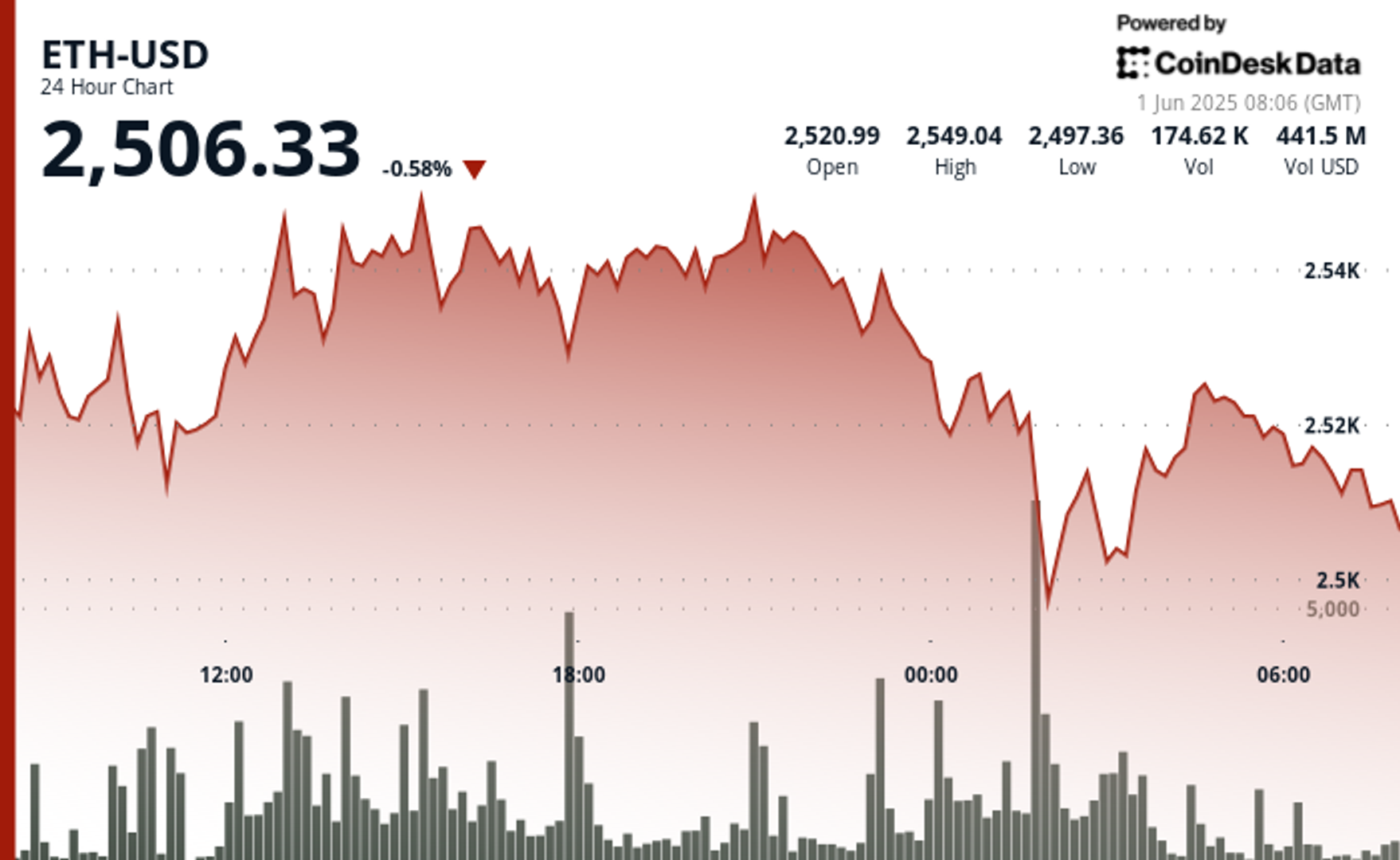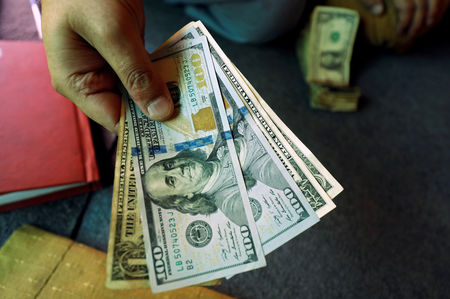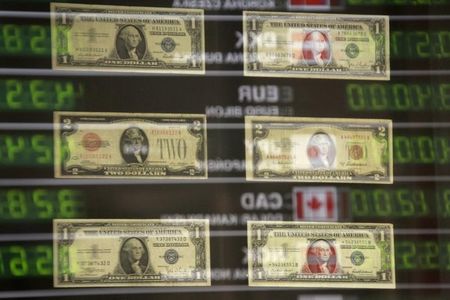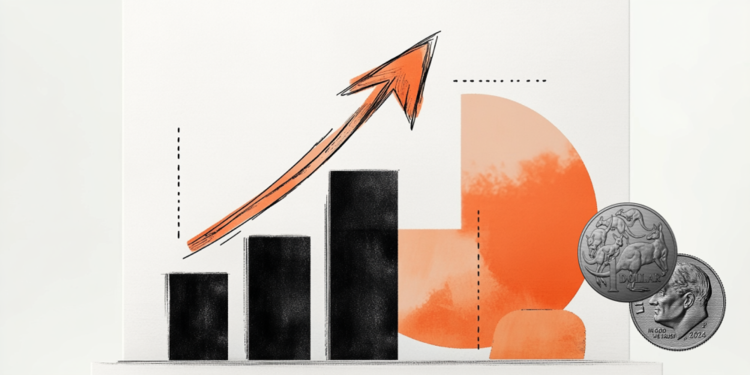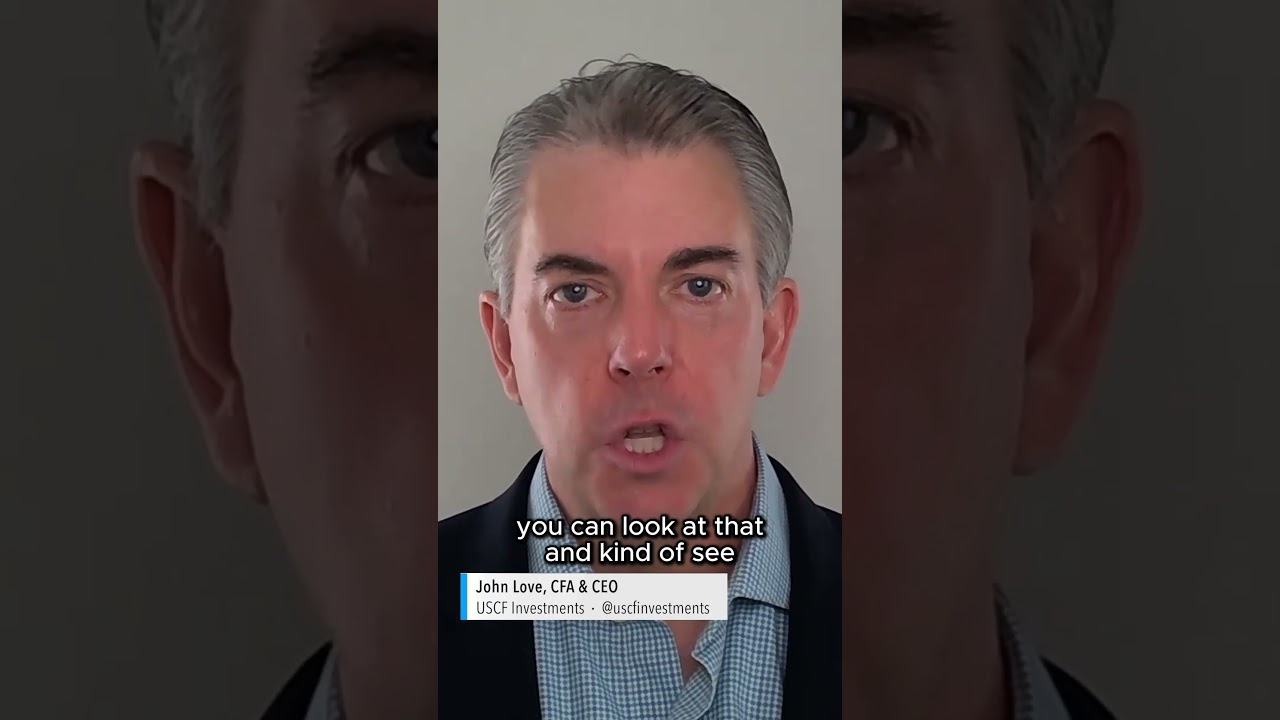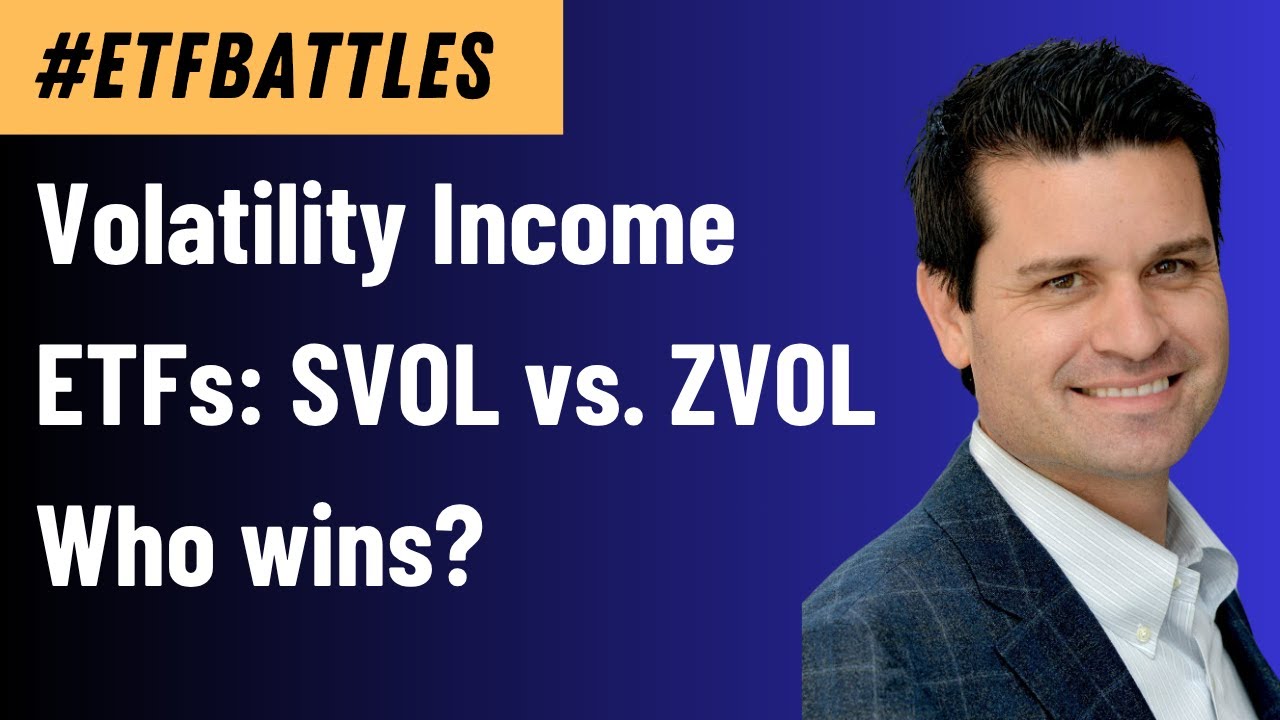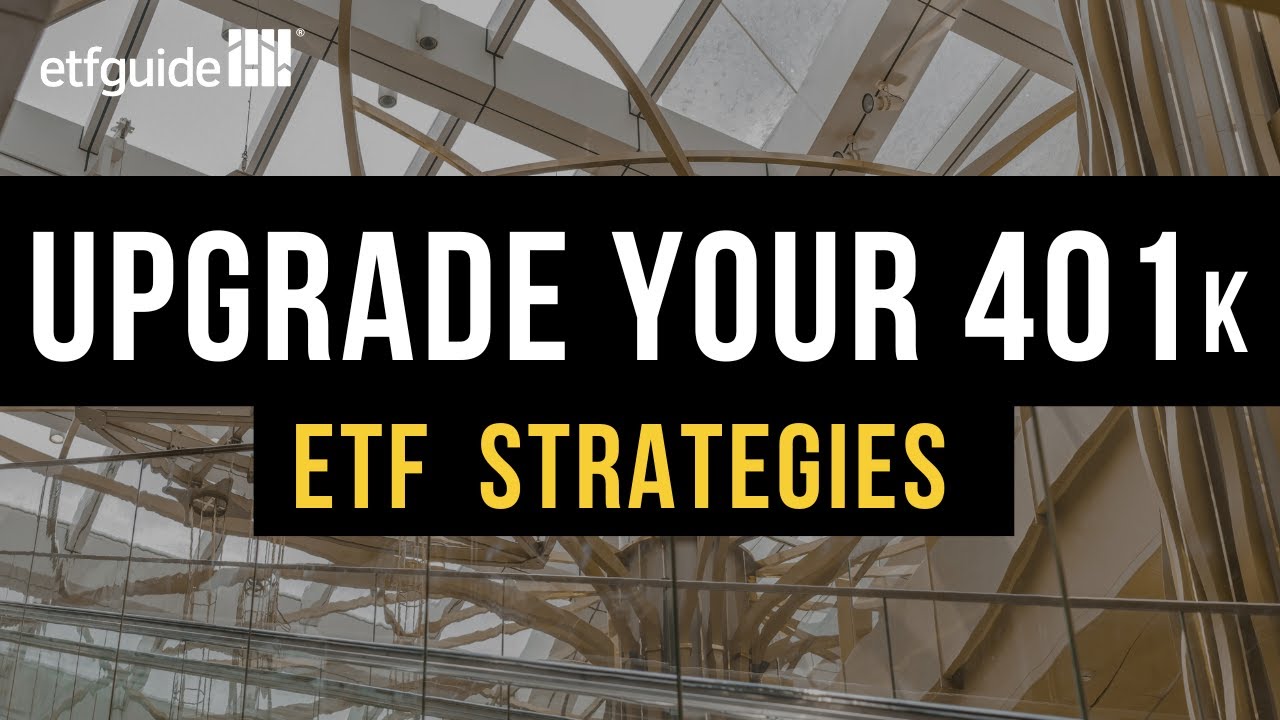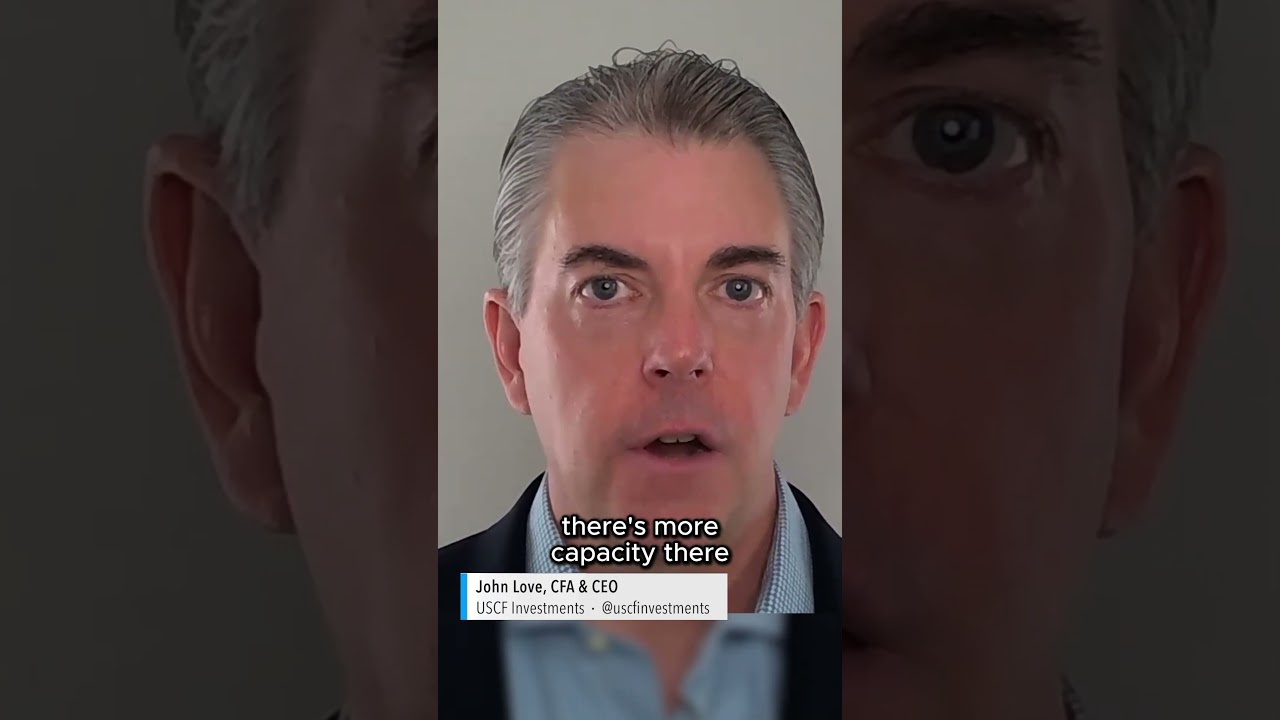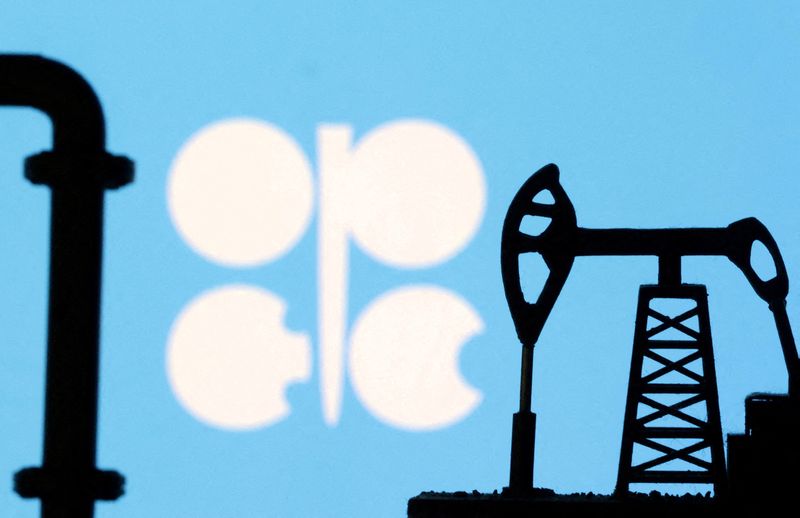Warren Buffett’s Secret Portfolio Was Dumping Walmart and Buying These 2 Stocks Instead
Few would argue that Warren Buffett isn’t the world’s greatest investor, racking up over 5 million percent returns over his six decades at the helm of Berkshire Hathaway (NYSE:BRK-A)(NYSE:BRK-B). Those returns annualize to 20%, or double that of the S&P 500 over the same time frame. That’s why investors flock to Omaha every year for […] The post Warren Buffett’s Secret Portfolio Was Dumping Walmart and Buying These 2 Stocks Instead appeared first on 24/7 Wall St..
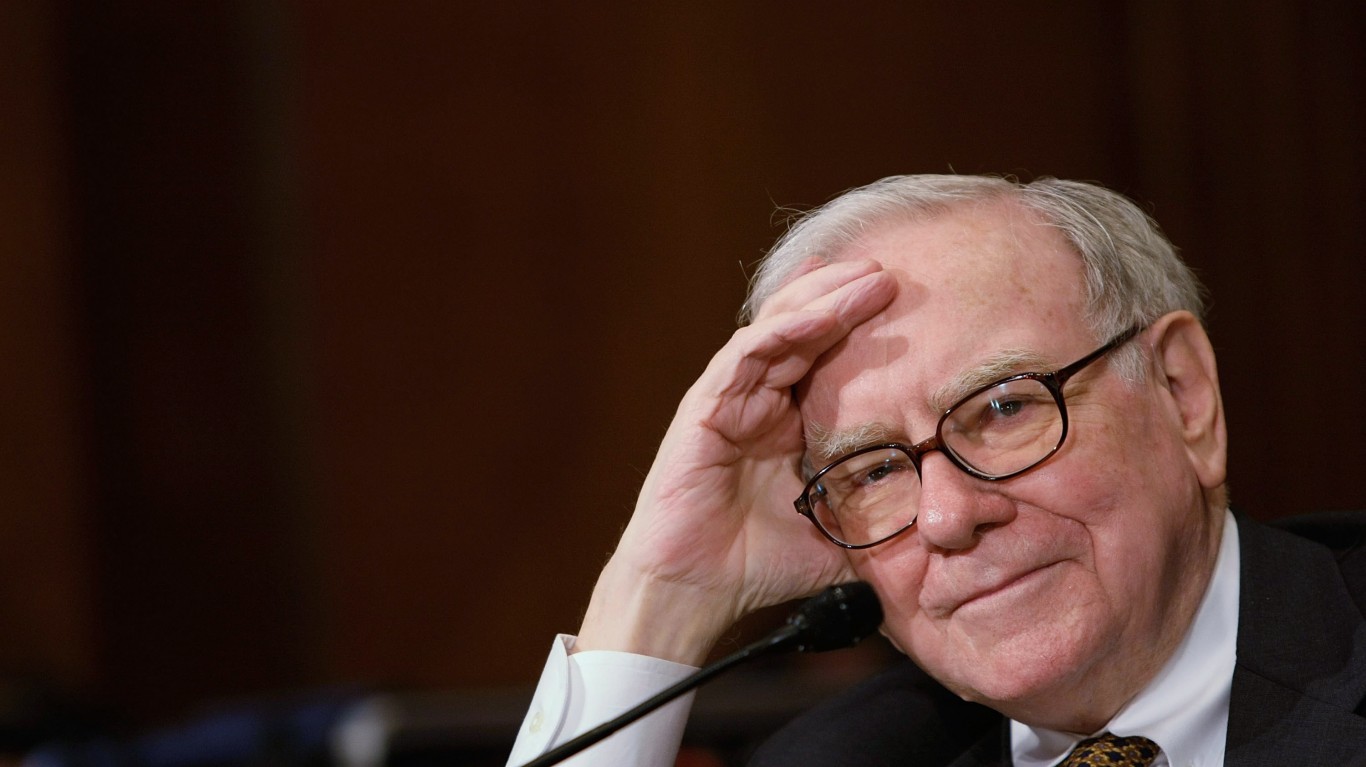
Few would argue that Warren Buffett isn’t the world’s greatest investor, racking up over 5 million percent returns over his six decades at the helm of Berkshire Hathaway (NYSE:BRK-A)(NYSE:BRK-B).
Those returns annualize to 20%, or double that of the S&P 500 over the same time frame. That’s why investors flock to Omaha every year for the Berkshire annual meeting and pore over every 13F filing the company files in hope of gleaning insights from Buffett’s stock buys and sells.
What may not be as well known is Berkshire Hathaway isn’t Buffett’s only investment playground. In 1998 he bought General Re, and with it came the specialty investment company New England Asset Management (NEAM). Today, it is a subsidiary of Berkshire, managing $81.6 billion in assets under management (AUM) and an investment portfolio worth $616 million.
With its own stock portfolio, NEAM is essentially a treasure trove of hidden investment gems within Berkshire Hathaway. While Buffett’s influence looms large, NEAM’s autonomy allows it to pursue unique opportunities, often in diversified exchange-traded funds and blue-chip stocks, offering a quieter complement to Berkshire’s $258.7 billion equity portfolio.
Making Some Big Changes
NEAM filed its first-quarter 13F-HR two weeks ago, revealing a significant shift: the firm completely sold off its Walmart (NYSE:WMT) position, previously a notable holding. Instead, NEAM redirected capital into substantial investments in two other stocks, reflecting a strategic pivot to capture growth in different sectors and aligning with its focus on balancing income and appreciation.
Realty Income (O)
Real estate investment trust (REIT) Realty Income (NYSE:O) is a standout addition to NEAM’s portfolio, valued for its consistent dividend and diversified portfolio. Known as “The Monthly Dividend Company,” Realty Income owns well over 15,000 single-tenant properties, leasing to recession-resistant sectors such as grocery and convenience stores, generating $5.2 billion in revenue last year, a 29% year-over-year increase.
Realty Income’s dividend yields a mouthwatering 5.7% annually, and the payout is made monthly. The REIT has a 56-year unbroken streak of raising its dividend that appeals to NEAM’s income-focused strategy, with a 70% payout ratio ensuring its sustainability.
First-quarter rental revenue rose 8.7% to $1.15 billion, driven by acquisitions, leading to a 3% increase in adjusted funds from operations (AFFO) per share.
The REIT is not without risks, as rising interest rates increase borrowing costs on its $22.9 billion worth of debt. The possibility of tenant defaults in a recession also looms, but Realty Income’s A- credit rating and 98.5% occupancy help mitigate these concerns.
NEAM’s 13F-HR revealed it established a new position in O stock, disclosing ownership of 55,140 shares worth $3.2 million. The investment reflects confidence in Realty Income’s ability to deliver stable returns in 2025’s high-interest rate environment, outpacing broader REIT indices.
CVS Health (CVS)
Pharmacy chain CVS Health (NYSE:CVS) is another key NEAM purchase in the first quarter. Operating over 9,000 retail pharmacies, CVS also provides health insurance through Aetna and pharmacy benefits management (PBM). It produced revenue last year of $372.8 billion, up 4% year-over-year. Its dividend of $2.66 per share yields 4.2% annually, and the 27-year payout history — with a 30% free cash flow (FCF) payout ratio, align with NEAM’s income goals.
In the first quarter of 2025, revenue rose 7% to $94.6 billion, generating adjusted earnings of $2.25 per share, up 72% from last year and driven by improvements in healthcare benefits operations and performance gains in Medicare.
Among the biggest risks CVS faces is the current push by Congress and the Trump administration to reform the PBM market. Trump recently signed executive orders targeting the space to require greater transparency over their price-setting practices. The most recent one signed earlier this month requires drugs sold in the U.S. to be the same price as the lowest price sold in foreign countries. The one signed in April will have employer-sponsored health plans disclose all PBM compensation.
NEAM increased its stake in CVS by 10% and now owns 94,735 shares valued at $6.4 million.Yet with a forward P/E of 9x and aging population trends, it looks like a shrewd long-term pick capitalizing on the pharmacy chain’s undervaluation and aging population trends.
The post Warren Buffett’s Secret Portfolio Was Dumping Walmart and Buying These 2 Stocks Instead appeared first on 24/7 Wall St..


